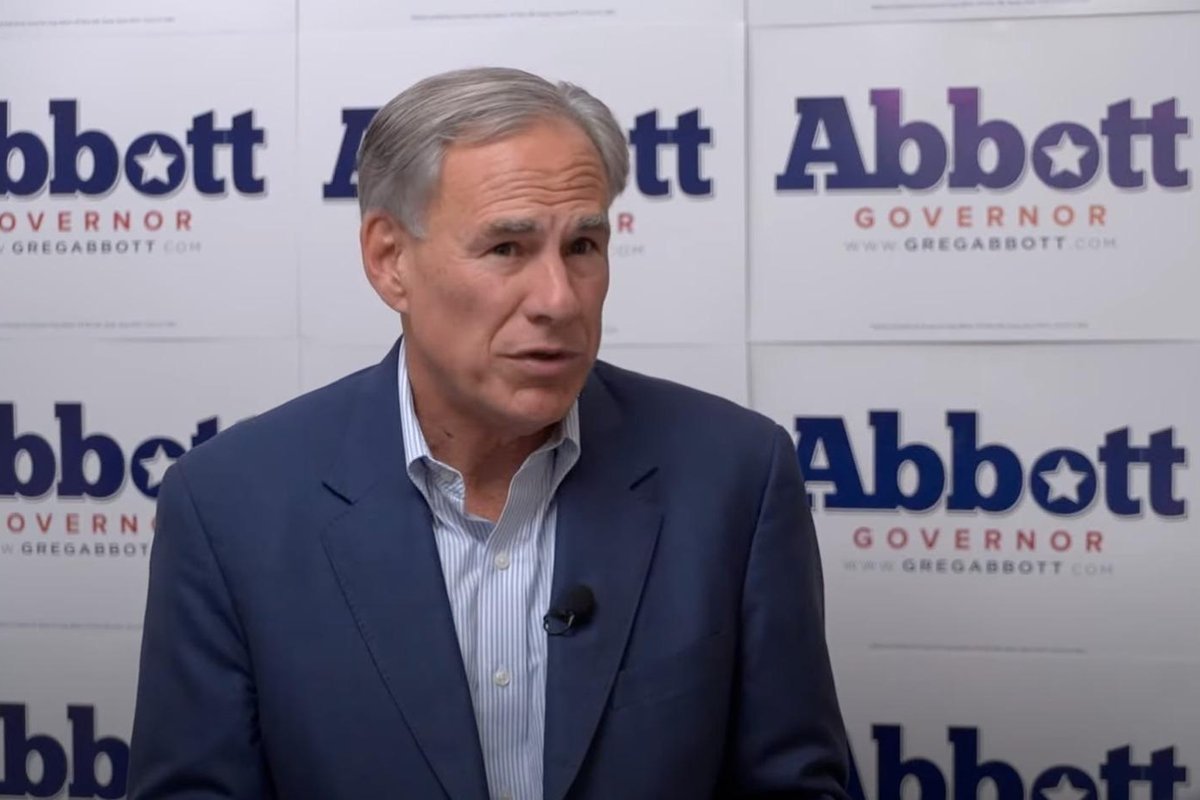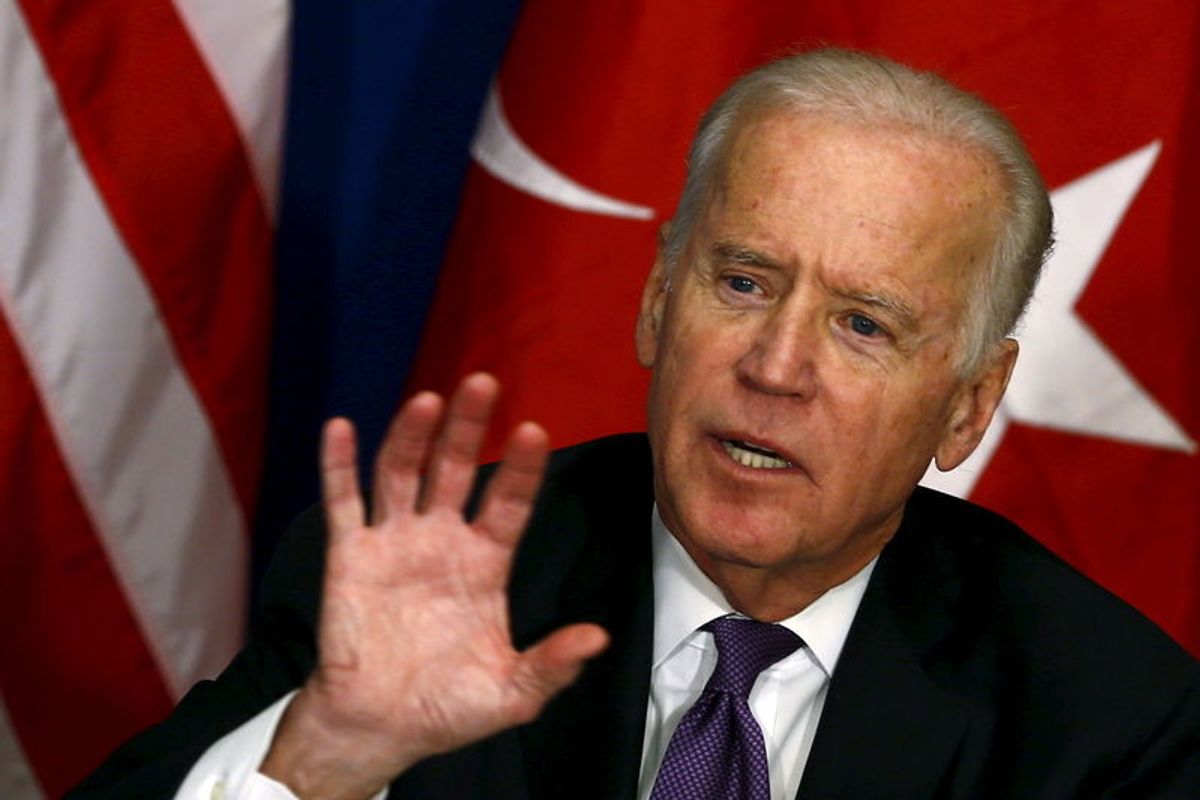
WASHINGTON — Here’s the thing to watch in this year’s campaign: Democrats are trying to be populists and pro-business moderates at the same time.
The Tea Party’s success in transforming the Republican Party is making this two-step possible as conservatism’s increasingly ferocious opposition to government creates points of friction with both business and middle-class constituencies.
On the one hand: Senator Elizabeth Warren (D-MA) traveled to West Virginia on Monday to lift her party’s underdog Senate candidate, Secretary of State Natalie Tennant. West Virginia has moved dramatically toward the GOP, but Tennant’s camp is betting that many working-class social conservatives are still attracted to a politics that draws sharp lines between the well-connected and everyone else.
“Citibank and Goldman Sachs and all those other guys on Wall Street, they’ve got plenty of folks in the U.S. Senate willing to work on their side,” Warren declared. “We need some more people willing to work on the side of America’s families. Natalie’s that fighter.”
On the other hand: Democrats and some Republicans representing large metropolitan areas are balking at conservative efforts to pare back federal subsidies for anti-terrorism insurance. As Jonathan Weisman reported in The New York Times, builders and developers in big cities who feel most threatened by terrorism say the changes could cripple new projects. The move is also opposed by Major League Baseball, the National Football League, NASCAR and others who operate stadiums and shopping malls.
On the one hand: When President Obama visited Virginia on Tuesday to push his four-year, $302 billion plan to improve the nation’s infrastructure, he poked at Republicans in Congress for resisting his idea for paying for it through tax reform.
“We shouldn’t be protecting tax loopholes for a few companies that shift massive profits overseas,” he said. “We should be creating jobs rebuilding the roads and bridges that help every business right here in the United States.”
On the other hand: A group of 104 Republican politicians in Kansas bolted their party to endorse Paul Davis, the Democrat challenging Governor Sam Brownback. The dissident Republicans argued that the steep income tax cuts Brownback championed went too far.
“We’re all very alarmed by the damage to our public schools, very alarmed by the damage to the state’s financial responsibility and very alarmed about the credit downgrade that Wall Street is paying attention to,” said Wint Winter, a banker and former state senator.
The dueling lists go on. Democrats are more supportive than Republicans of reauthorizing the Export-Import Bank, which helps finance export businesses, and are pushing hard for immigration reform, another business priority being blocked in the Republican House. But on Wednesday, House Democrats left no doubt about the voters they most prize: They unveiled their “Middle-Class Jumpstart” agenda for the fall elections that included a minimum-wage increase, student loan refinancing, and infrastructure investment through loophole closing.
There are, to say the least, tensions between the populist and business strategies. Conservatives, for their part, invoke populist language of their own in casting the Ex-Im Bank as a form of “corporate welfare.” And in proposing to cut the terrorism insurance subsidies, Rep. Jeb Hensarling of Texas, chairman of the Financial Services Committee, argued that “far too many costs … are involuntarily socialized by the government today.”
But Senator Charles Schumer (D-NY) said there is an underlying consistency in his party’s side of the debate because Democrats believe public action can benefit both business and the middle class.
“If there’s one thing that separates Republicans from Democrats these days, today more than ever, it’s that Democrats believe that government can be a force for good and Republicans have become an anti-government party,” he said in an interview. “Business is sometimes an anti-government group, but less and less so in this modern, complicated world.” And on issues such as infrastructure spending and immigration reform, he sees the middle class and business groups as sharing common interests.
In Kansas, Brownback’s 25 percent income tax cut has run into fierce criticism well beyond the Democratic base because it has led not only to a downgrading of the state’s credit rating but also to cuts in education funding (some of them restored in response to a state court decision) and to property tax hikes. While business groups generally like tax cuts, they also usually favor increasing support for public schools.
In the past, conservatives have used social and cultural issues as wedges to split Democratic constituencies. Now, Democrats view the GOP’s attitude toward government as a wedge issue that might make pro-business populism possible. In American politics, stranger things have happened.
E.J. Dionne’s email address is ejdionne@washpost.com. Twitter: @EJDionne.


